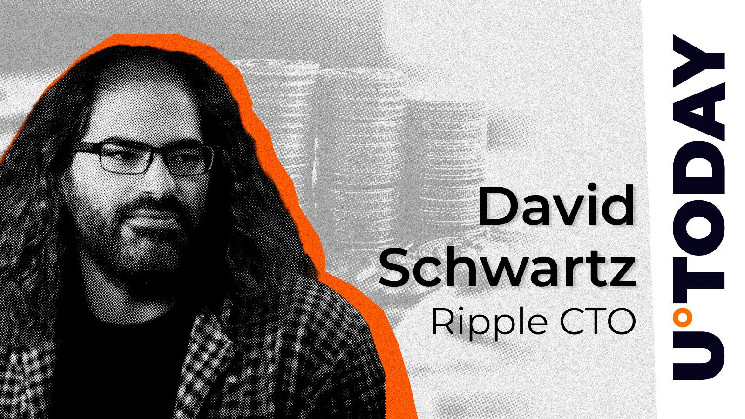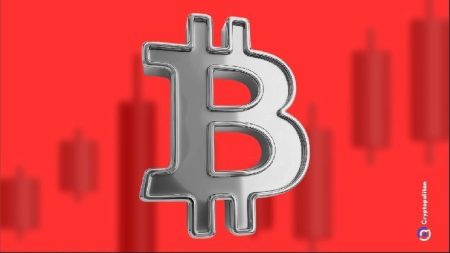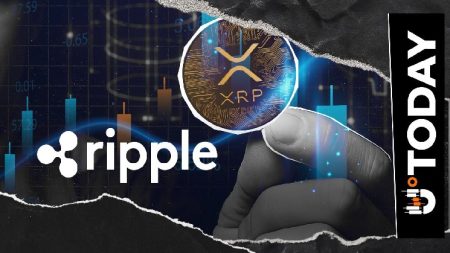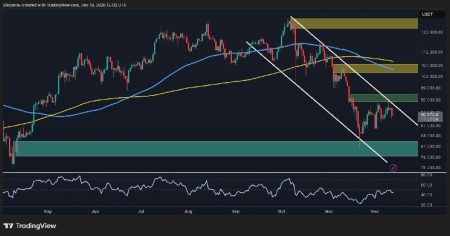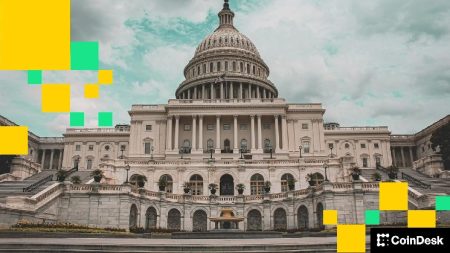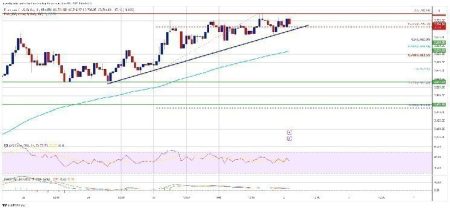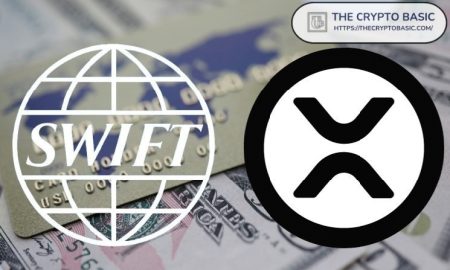David Schwartz, the chief technology officer (CTO) of Ripple, a San Francisco-based enterprise blockchain company, recently refuted claims of being a billionaire. This clarification comes in the wake of fluctuating fortunes tied to the volatile cryptocurrency market, particularly the performance of XRP, the digital asset closely associated with Ripple. While the 2018 XRP rally catapulted several Ripple executives to the top echelons of wealth, Schwartz’s financial journey took a different trajectory due to his compensation choices. Unlike other key figures at Ripple who amassed significant XRP holdings, Schwartz opted for a 2% stake in the company and a regular salary. This decision, while seemingly less lucrative at the time, ultimately shielded him from the extreme wealth fluctuations experienced by those whose fortunes were directly tied to XRP’s price swings.
The 2018 XRP surge saw Ripple co-founder Chris Larsen’s net worth briefly soar to an astonishing $54 billion, largely attributed to his substantial ownership of 9 billion XRP tokens. Similarly, Ripple CEO Brad Garlinghouse saw his wealth peak near $10 billion during the same period. These figures underscore the immense wealth-generating potential of XRP during its peak, contrasted by Schwartz’s more conservative approach to his compensation. While Forbes once dubbed Schwartz the “trillion-dollar man,” referring to the potential value of Ripple, his personal net worth remained significantly lower due to his decision to forgo direct XRP holdings in favor of equity and salary. This choice highlights a divergent path within the company, with some executives amassing vast fortunes directly linked to XRP while others, like Schwartz, maintained a more traditional financial standing.
In subsequent years, Schwartz publicly addressed his net worth, aiming to dispel any misconceptions of excessive wealth. In 2019, Forbes estimated his net worth at a relatively modest $90 million. Two years later, in 2021, Schwartz clarified that his net worth was “a lot less than $170 million,” emphasizing that a substantial portion of his assets were tied up in highly volatile investments. This statement reveals the inherent risk associated with the cryptocurrency market, where fortunes can fluctuate dramatically. Despite expressing satisfaction with his overall financial outcome, Schwartz acknowledged the constant underlying tension stemming from the inherent volatility of his investments. This candor offers a glimpse into the psychological impact of navigating the often turbulent landscape of digital assets, even for those deeply involved in the industry.
Adding further context to his investment portfolio, Schwartz confirmed in 2020 that he held not only XRP but also Bitcoin (BTC) and several other altcoins. This diversification reflects a broader engagement with the cryptocurrency ecosystem, extending beyond his direct involvement with Ripple. His holdings in Bitcoin, the most established and widely recognized cryptocurrency, suggest a strategic approach to balancing risk and potential returns within his portfolio. The inclusion of other altcoins further indicates a willingness to explore emerging opportunities within the broader cryptocurrency market. This diversified approach contrasts with the concentrated XRP holdings of some of his Ripple colleagues, highlighting differing investment strategies within the company’s leadership.
The recent resurgence of XRP in early 2024, which propelled it to the third-largest cryptocurrency by market capitalization, brought renewed attention to the fortunes tied to the digital asset. The surge, characterized as a “massive cryptocurrency rally,” significantly impacted the wealth of those holding substantial XRP positions. Notably, Forbes reported that Chris Larsen, the Ripple co-founder, witnessed a $6 billion increase in his net worth within a single month due to this rally. This remarkable surge underscores the continued volatility and potential for rapid wealth generation within the XRP market. While the broader market celebrated this resurgence, it also served as a reminder of the dramatic financial swings that can occur in the cryptocurrency space, further highlighting the contrasting financial paths chosen by different Ripple executives.
In conclusion, David Schwartz’s financial journey presents a unique narrative within the broader Ripple saga. While other key figures at the company amassed extraordinary wealth directly linked to the performance of XRP, Schwartz opted for a more traditional compensation structure. This decision, while seemingly less lucrative during XRP’s peak, ultimately shielded him from the extreme wealth fluctuations experienced by his colleagues. His recent denial of billionaire status, coupled with his earlier disclosures about his net worth, underscores a deliberate effort to manage public perception and provide transparency about his financial standing. Schwartz’s story serves as a valuable case study within the volatile world of cryptocurrencies, highlighting the diverse paths to wealth and the importance of strategic decision-making amidst market uncertainty. His experience underscores the complex interplay between personal financial choices, company fortunes, and the volatile dynamics of the cryptocurrency market.




